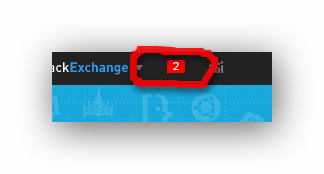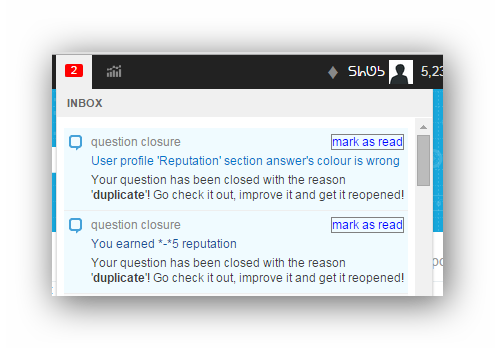While structured as a response to Jeff Atwood’s now-deleted answer, most of this can stand on its own:
We don't believe in overly nagging and notifying people for minutiae. This is a core philosophy at the highest echelons of the company leadership. (Read: me.)
I fail to see how one’s question being closed falls under minutiae. Of course, e.g., to the experienced user it may happen that their question being closed as a duplicate is a minutia, as they already noticed the auto-generated comment by the first respective close vote and may have even cast a close vote themselves, but this is a comparably exceptional case¹: Questions by experienced users are much less prone to being closed, so this feature request mostly aims at inexperienced users, to which it might be at least educational as to how the system works and who usually are not spammed with notifications anyway. In particular first-time users do not even know how things work around here and might just patiently wait for a mail notification of an answer, while they could and should improve their question instead.
Moreover, question closure may be even relevant to experienced users anticipating it, as it concludes a tiny chapter in their Stack Exchange life. Finally, even experienced users may be surprised by question closure (see below).
You should care about your question more than any other human being on the planet. If it is closed, you should already know about that without needing a special magic notification.
I strongly disagree. Let’s have a look at to what can happen to my question:
- It can receive an answer. I get a notification for this.
- It receives a comment. I get a notification for this.
- It gets upvoted. I get a notification for this.
- It gets downvoted. I do not get an alert for this, but I see it in the reputation dropdown, which has the advantage of capturing all of my posts on the whole network. So, there is no need to check back the individual question.
- It gets edited. If the edit is major, I get a notification; if the edit is minor, I should ideally not bother. Of course, sometimes major edits can be wrongly classified as minor, but that’s another problem and applies to all my posts, not only recently asked questions.
- It gets closed. I do not get notified.
So, why should I keep refreshing my question, if the only thing that can happen to it is the number of views going up?
Now, one might argue that in most cases, I get a useful individual or canned comment with the first close vote, but neither does this always need to be the case nor does this mean that the question closure hits me by surprise. In particular, if I edit my question to improve it or clarify why it is not a duplicate, a closure that happens later may still be a surprise to me.
To give a real example, let me try to reconstruct the chronology of this question of mine:
- Question is posted.
- Question receives an opinion-based based answer missing the point (IMHO).
- Question receive a comment criticising the question as a rant in disguise, which probably coincided with the first close vote.
- In reaction to this, I edit my question, trying to clarify the actual objective (IMHO) question and trying to make it look less like a rant (which I did not intend it to be anyway) and I respond to the respective comment.
- Question receives another answer and further non-critical comments.
- Nothing happens for 13 hours.
- Someboy casts the final close vote and the question is closed.
Now, after step 6, I concluded that I had sufficiently addressed the concerns leading to the closure and the usual initial wave of interest had ceased. Thus the closure was somewhat surprsing to me and something I would like to have been informed of.
(Also note how step 6 might take a very long time on Stack Overflow due to the crammed close queues.)
Sidenote: I do not dispute the closure. Apparently, some programmers tend to be dogmatic about this topic and thus there is no way to ask about this without attracting highly subjective answers.
It's an invitation to complain. "Oh look, here is a signed, notarized document telling you we closed your question." Cue Eeyore in 3... 2... 1...
This contradicts the other arguments: You first argued that we need not be informed of closure because we would already get to know about it by other means. Then you argue that we should not be informed because we should not know about it.
Also, it’s arguably more infuriating if I learn about the closure later after having thought that my question was patiently sitting there and waiting for answers for a week (or whatever is long on the respective site or tag) when it could not receive answers due to being closed, with me missing the opportunity to complain about a potentially wrong closure or to improve the question in light of appropriate critique.
The existing close reasons on the question, along with the explanation, should be sufficient for explaining what is going on.
I fail to see what this has to do with the request. This is not about explaining what is going on, but about notifying somebody that something is going on.
¹ As question owners can now unilaterally close their own question as duplicate, this example is outdated.


